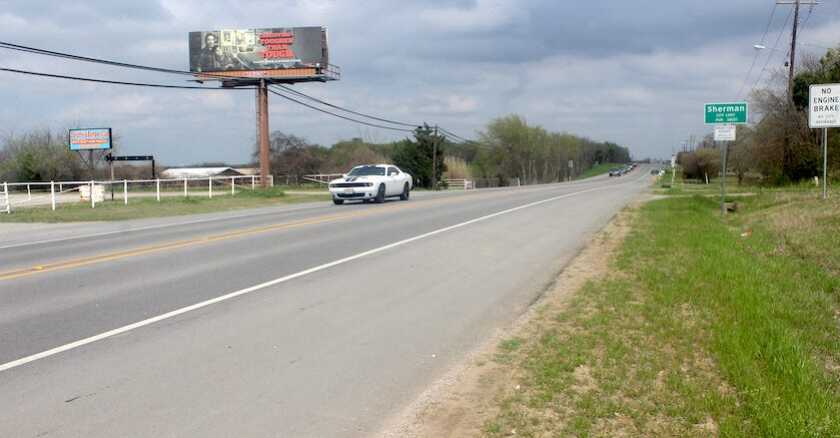"States need to ensure their highway spending produces safer roads, smoother pavement, fewer deficient bridges, and less traffic congestion. The states with the best overall rankings maintain better-than-average highways with relatively efficient spending per mile," said Baruch Feigenbaum, the report’s lead author.
The categories analyzed in the report include such things as spending per mile of highway, administrative costs per mile, the condition of urban and rural pavement, traffic fatalities and deficient bridges.
Most states are doing a relatively good job of maintaining high-quality systems and managing the costs of doing this, says Feigenbaum. But there’s a big difference between their performance and that of the states at the bottom of the list, many of which have consistently been in this position over the past decade. (New York, Hawaii, Alaska, Rhode Island and New Jersey are ranked the lowest in the current study.)
Money from the recent infrastructure bill could potentially change this picture, but that’s not a certainty, says Feigenbaum. States that have a process based on quantitative cost-benefit analysis should be able to improve their systems. States that are less efficient won’t achieve the same rate of success from federal dollars because it takes them more money to complete any given project.
The size of state highway systems depends on several factors. In some states, every road is a state highway, in others it’s a mix of state and county roads. For this reason, size may not correlate directly with the size of the state or its population — though it’s safe to assume that California would have more miles of highway than Vermont.
Moreover, the Reason Foundation researchers haven’t seen a correlation, positive or negative, between the number of roadway miles in a state and how it performs in the rankings. There is one factor that can consistently drag a state down, however: states in which the department of transportation is under political control tend to do worse.
Efficient use of taxpayer dollars is rewarded with better rankings, and when governors get involved in project selection, decisions can be based on politics rather than metrics. Projects are built that might not move forward strictly on their merits, roads that don’t really need attention are repaved.
The states that consistently rank at the top have a data-based process that balances costs with benefits such as improving safety, reducing congestion, and economic development, Feigenbaum says. They also embrace innovative practices for project delivery, such as design-build construction or public-private partnerships.
As an example, he points to Pennsylvania, which 10 years ago was worst in the nation in deficient bridges. The state entered into a public-private partnership structured around availability payments and was able to rebuild more than 550 of its smaller deficient bridges.
“Anytime you’re 50th, it takes a while to climb out of that,” he says. “They still have a way to go, but they’re in much better shape, and that was a really innovative way to do it.”
Scroll over the map below to see the overall ranking (1-50) for each state as well as its ranking in each of the categories included in the report.
Governing staff writer Zoe Manzanetti contributed to this story.









